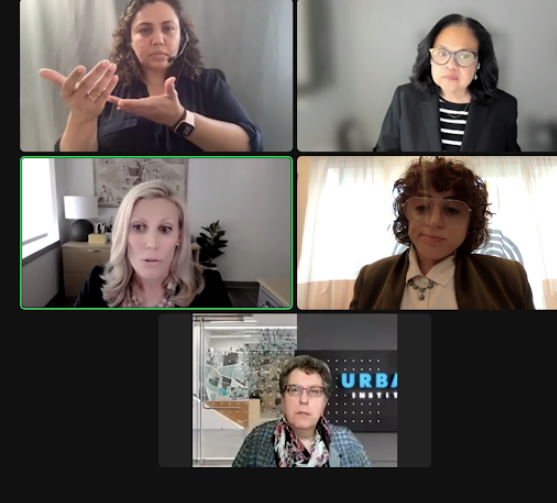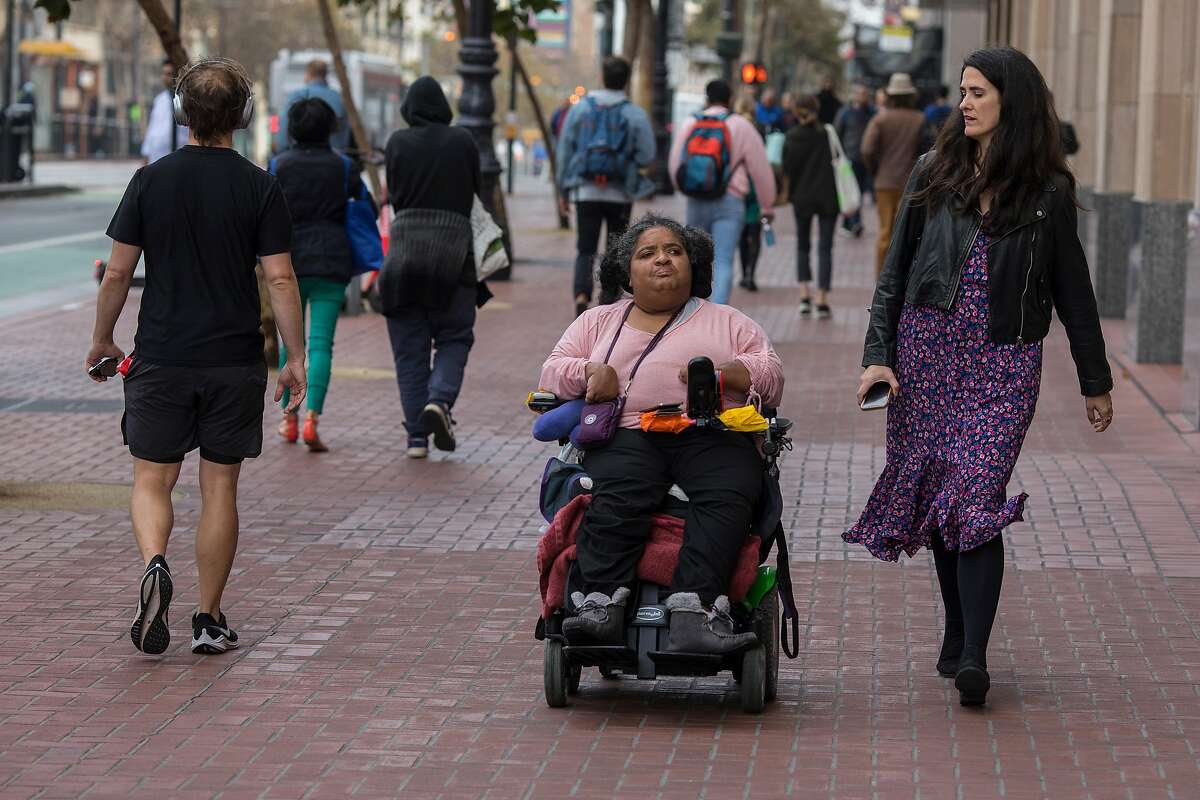Seven million disabled Americans live with an adult head of household who is a relative, and 52% of these heads of household are 55 or older, compared with 41% of heads of households without a disabled member, according to new research by Urban Institute and The Kelsey, which notes that disabled people who live with an aging caregiver also face a lack of service-enriched housing needed to remain in their own homes and communities in the long term.

The research also shows that in 2021, 84% of all low income people with disabilities in the United States—nearly 18 million people across 15.6 million households—were eligible for housing assistance but did not receive it. Combined, these findings point to the dire need for affordable, accessible and inclusive housing in the U.S.
“People with disabilities are priced out of housing at a much higher rate than nondisabled people. Many can’t find options outside their family homes or end up unhoused or institutionalized,” says Allie Cannington, Senior Project Manager, Organizing & Advocacy at The Kelsey. “Understanding the scope of the challenge is the first step toward solving it. This research co-authored by Urban Institute helps paint an accurate picture of the housing landscape for people with disabilities and indicates avenues for desperately needed policy action.”
Underscoring Cannington’s point, the research also shows that the median income for households with a disabled member was $42,736—only about 57% of the median income for households without a disabled person ($75,000). And 22 percent of disabled people have extremely low incomes. Based on the research brief, this means 38 million people with disabilities face significant barriers to stable and quality housing that meets their needs.
As Susan Popkin, an Institute Fellow at the Urban Institute says: “Our research revealed that more than 18 million people with disabilities face significant barriers to stable and quality housing that is affordable, accessible, and inclusive of people’s support needs,” said the Urban Institute’s Susan J. Popkin, who co-authored the piece—the inaugural publication for Urban’s Disability Equity Policy Initiative, which she co-leads. “It is also important to note that our research team included disabled researchers like myself and our work was informed and shaped by a community advisory board comprised of people with disabilities. Including the voices of individuals from the disability community in future research and policy recommendations is essential to combatting the pervasive housing barriers that this group of people face.”
Both Popkin and Cannington, along with other esteemed researchers and advocates, spoke to the importance of these findings and the need for further disability-forward housing research at the Urban Institute’s Disability Equity Policy Initiative public launch event. Find the final report here.

The Kelsey is a San Francisco–based nonprofit that co-develops affordable disability-forward multifamily housing for people with and without disabilities, advocates for policy changes that enable inclusive housing, and provides tools and templates for others who want to build housing on The Kelsey’s model. Available to those making 20% to 80% of area median income, housing in buildings The Kelsey is co-developing will allow disabled people and others with a wide range of needs and life experiences to live side by side in equally high-quality homes. With 227 units under construction or nearing groundbreaking in San Jose and San Francisco, plus 13 pilot units in Oakland, The Kelsey is proving this model is feasible even in the nation’s most challenging housing markets.
